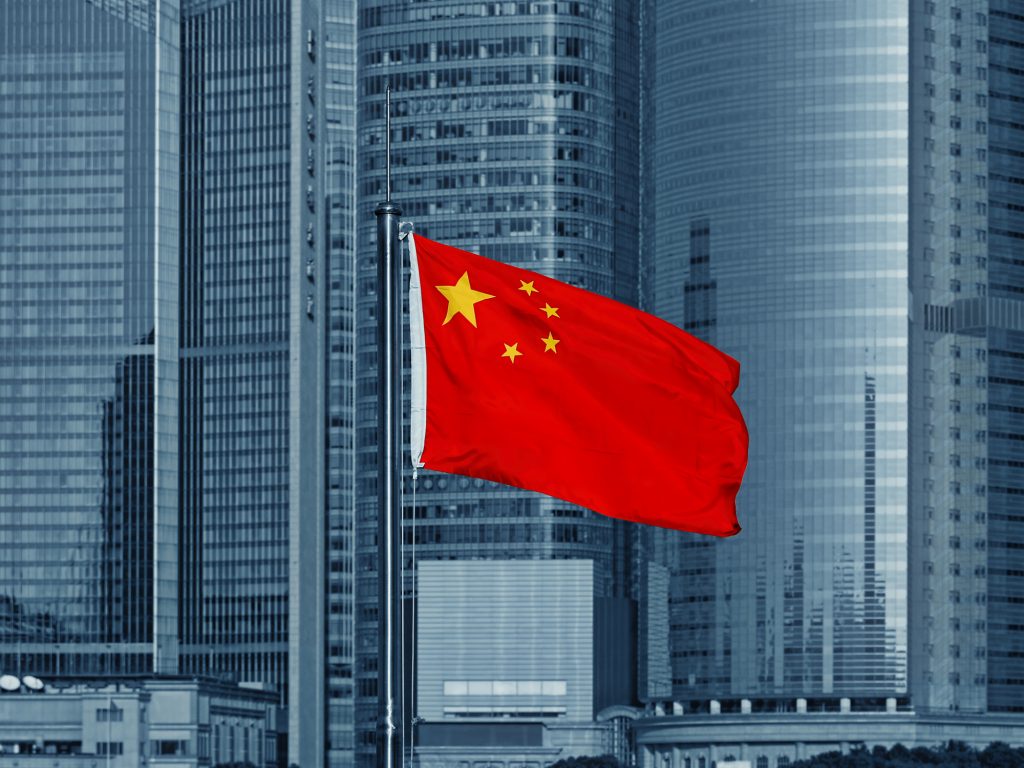The China National Intellectual Property Administration (CNIPA) issued a “Notice on Continuing to Severely Crack Down on Malicious Trademark Registration” on March 29, 2022.
The notification highlighted the role of trademark registration management in promoting intellectual property growth and creating an environment conducive to innovation and entrepreneurship. It includes the following eight topics:
- illegal behaviors;
- improving monitoring and early warning;
- strengthening agency supervision;
- removing subsidies and incentives; and
- promoting a zero-tolerance policy against malicious trademark registrations.
Key takeaways
The notice highlights ten common criminal behaviors that breach the concept of good faith, disrespect public order and traditions, seek illegitimate interests, and disrupt trademark registration orders as a target of the crackdown:
- maliciously cybersquatting trademarks that are the same as, or similar to, key Communist Party of China gatherings, theories, scientific statements, and political discourses, among other things;
- maliciously squatting marks that are identical to or comparable to national strategies and policies, large projects, major scientific and technological endeavors, significant events, significant exhibitions, and significant archaeological finds;
- squatting on trademarks that are special to major sensitive events or situations, such as public health emergencies;
- squatting on the names of high-profile political, economic, cultural, ethnic, religious, or other public figures;
- submitting a huge number of trademark applications that clearly outnumber the demands of routine business operations and for which no true purpose of use exists;
- a huge number of trademarks or other business marks having a certain reputation or a strong distinctive character owned by many persons are copied, imitated, or plagiarized;
- filing a large number of applications for the registration of marks that are the same as, or similar to, public cultural resources, administrative division names, the common names of goods or services, and industry terms, among other things;
- transferring a large number of trademarks where the assignees are scattered, thereby disrupting the order of trademark registration;
- where the trademark agency knows or should know, that the client is engaging in the foregoing conduct but nonetheless accepts the registrations or undermines the trademark agency’s order by other unlawful ways; and
- other acts that have a highly negative or detrimental impact on the trademark registration management order, social public interests, and public order in China.
In addition to these common practices, the notice states that all IP offices must stop providing trademark registration subsidies or rewards. Registrations made through the Madrid System are included in this. Each office is responsible for phasing down prizes and subsidies based on local market conditions. However, the notice instructs these offices to carry out the cancellation in a precise manner.
IP offices are also being advised to help boost trademark agency oversight and crack down on harmful trademark registrations and illegal agency behavior through reminders, rectification interviews, inspection, supervision, and administrative penalties (including the publication of any administrative penalty decisions).
The notice is part of a broader plan in China to eliminate malicious trademark registrations. In 2020, 64.4 million active trademark registrations were expected worldwide, up 11.2 percent from 2019, with 30.2 million in China alone.
This is a stunning number of registrations for a single jurisdiction, and the current focus is on quality rather than quantity, as indicated by the notification. With 2.6 million active trademark registrations, the United States was second behind China, while India was third with 2.4 million.
The list of common behaviors will be used to help IP offices detect the most common malicious trademark registrations.
The most important component of the notice, however, is the termination of trademark registration rewards and subsidies. Awards and subsidies have long been suspected by market participants as contributing to China’s congested register and high levels of malicious trademark registrations. Last year, it was stated that patent subsidies would be cut by at least 25% per year, until being phased out entirely by 2025. While the notice does not specify a deadline, it is expected that trademarks will be completed in a similar timeframe.
You can find the list of China IP Firms here.

